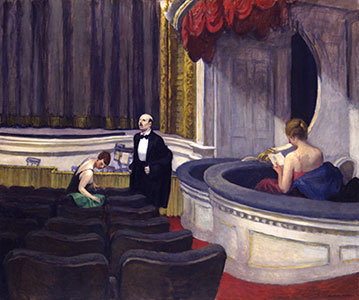Solitude after a Traumatic Brain Injury can be healthy. For me solitude and seclusion were caused by the fear of failure. I have poor balance and coordination, understanding what people were saying took longer than usual and having to explain what happened was difficult since I have no memory of the accident. My interactions with people always seemed awkward, I felt inadequate about myself. Solitude and seclusion were an escape, an avoidance, a comfort. (Don’t misunderstand me, I enjoy conversation but it tires me out so I can’t do other things.) This works for me, but I’m an introvert, it will be different for other people.
What kept me going was the exercise classes to improve my health, the volunteering to stay active and pursuing my interests by making the “Healing Images”.
I have distinguished the words that describe the time we spend by ourselves. Solitude is being alone, seclusion is shutting people out, isolation is separation and loneliness is a feeling.

Solitude is healthy. Being alone provides rest for our daily lives so we can restore energy. Solitude gives us the opportunity to pay attention to ourselves. We have the time to examine and discover our personal strengths, we won’t need other peoples approval when we are secure with ourselves. Solitude improves our relationships, when we attend to our own needs we can better meet other people’s needs and make stronger connections with people. Solitude clears our mind, we can improve concentration to solve problems and find creative solutions, we will think of new ideas more often by ourselves then in groups. We can be alone anywhere, shopping, the theater, the park, but our ability to concentrate will be determined by the distractions. Read about the healthy aspects of solitude.
While solitude refers to being alone, seclusion indicates shutting people out or being hidden. Groups will find secluded locations to study, worship, relax and connect with each other.

Alone, seclusion gives us the ability to clear our mind and concentrate or the risks of disconnection when we isolate. Read more about the pros and cons of being alone.
Isolation is separation and there are three types of isolation: physical, social and emotional. Read more about the different types of isolation.

Physical isolation is separation by distance. a person living in the country, away from people is one example.
Social isolation is separation between a person and their community. A person will have difficulty communicating and relating with their partner and routine interactions will become superficial, there are no meaningful connections in their life.
Emotional isolation is separation between a person and their feelings. In addition to the social isolation behaviors, a person will keep to themselves. They are closed to feedback and become shutdown.
Loneliness is a feeling of not having intimacy, It can happen anytime, anywhere. Read about finding answers to loneliness.

I’m often become lonely, everyone is lonely at times. There are times I would rather deal with the solitude and loneliness than the fatigue caused by listening to people or the confusion when not understanding others. Everything involves concentration and I have little of it.
People who feel different and inadequate, people who don’t fit in feel lonely most often, a person with a brain injury, like myself for example.
Research has shown that when a person has a goal beyond themselves they can avoid loneliness. Fortunately, my therapists set me up with exercise classes and volunteering when the therapy appointments ended so I could evade the loneliness.
After my brain injury I needed to learn what I could do physically and cognitively, what I loss. My life was going to be different and I didn’t know what to expect. I needed time to re-evaluate myself, I needed time and quiet to understand my psyche, myself.
I would think these feelings and behaviors are common with other TBI survivors. My suggestion would be to respect their need for solitude, see that they are active/ involved with others and look for signs of isolation and loneliness.


